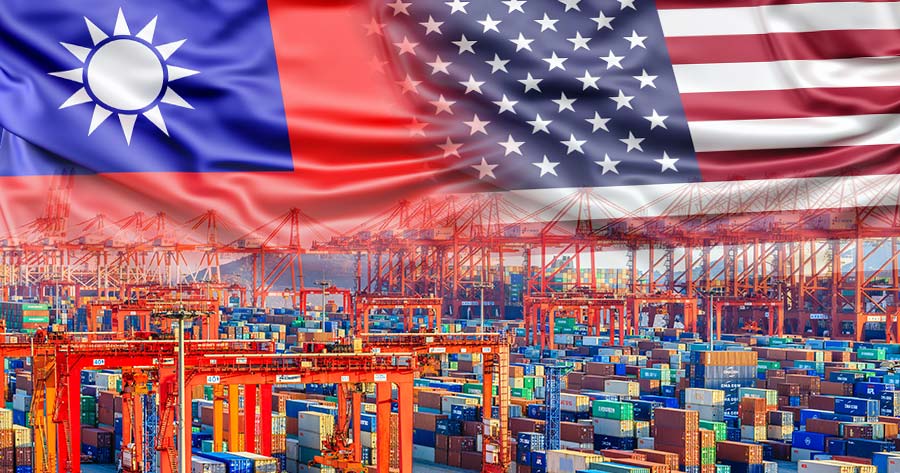On Thursday, Taiwan’s premier Cho Jung-tai unveiled an additional $10 billion expenditure proposal as a special budget aimed at mitigating the economic effects of U.S. tariffs.
Like other U.S. trading partners, the democratically-ruled island is among economies set to face reciprocal tariffs, with the rate entrenched at 32%. Meanwhile, U.S. President Donald Trump has postponed these duties for 90 days.
The premier announced at a news conference in Taipei that the initial aid package of T$88 billion ($2.71 billion) would be significantly increased to T$410 billion ($12.61 billion). This expanded budget includes financial support for businesses, measures to stabilize employment, and subsidies for electricity.
However, this special budget requires parliamentary approval, where opposition parties hold the majority. The opposition has previously enforced cuts on Taiwan’s main budget, citing concerns over wasteful spending.
The Taiwanese government is actively negotiating with the United States regarding the tariffs and pledged billions in new purchases to address its significant trade surplus with the U.S. President Lai Ching-te highlighted that increasing Taiwan’s imports of U.S. natural gas and oil is a primary focus of these discussions.





